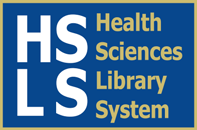Addendum2009_v2-recommandations2008
Prise en charge médicale des personnes infectées par le VIH Rapport 2008 (recommandations du groupe d’experts) Addendum du 13 avril 2009 au chapitre 5 : Traitement antirétroviral Version 2 du 20 avril 2009 Cette version remplace celle du 13 avril 2009 ; elle prend en compte (page 5, 2éme alinéa) la prescription d’abacavir chez les patients naïfs de traitement anti

 Direct-to-Consumer (DTC) Advertising of Psychiatric Drugs in Popular Magazines:
Direct-to-Consumer (DTC) Advertising of Psychiatric Drugs in Popular Magazines: